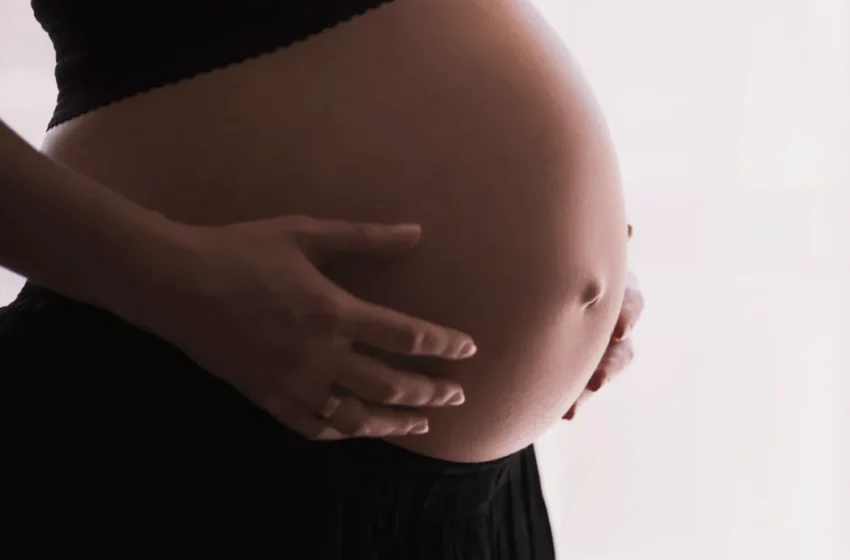Do women’s egg quality decline by age 33?

Man shares experiences of pregnant women at the hospital.
A viral claim circulating across social media platforms suggesting that a woman’s egg quality does not decline by age 33 has been fact-checked and labeled misleading by independent verification platform Dubawa.
The misleading statement, which gained traction on platforms like Facebook and Twitter, challenged well-established medical consensus about the relationship between female fertility and age.
According to Dubawa, the claim downplays the biological realities of aging and female reproductive health. It falsely implies that women can delay childbearing until after age 33 without concern about fertility decline.
This assertion contradicts decades of medical research and expert opinion. In their report, Dubawa highlighted that the claim lacks scientific accuracy and is not supported by peer-reviewed data or reputable medical sources.
Fertility experts consulted by Dubawa confirmed that while egg quality does not suddenly deteriorate at age 33, it gradually declines over time—starting from a woman’s late twenties and accelerating after age 35.
The decline is due to various biological factors, including chromosomal abnormalities, mitochondrial damage, and increased oxidative stress. By age 40, most women face significantly lower chances of natural conception, and assisted reproductive treatments like IVF often have reduced success rates due to poor egg quality.
Dubawa further warned that misinformation of this nature can be harmful. Many women planning to delay childbirth based on inaccurate online advice may underestimate the impact of age on fertility. The fact-checking platform emphasized that although medical advancements such as egg freezing exist, they are not foolproof or widely accessible, and should not be used to justify uninformed decisions about reproductive timing.
The fact check by Dubawa underscores the importance of responsible public health messaging, especially around issues as sensitive and life-altering as fertility. It also reinforces the need for people to rely on expert medical counsel rather than viral posts when making decisions about their health and future.
In conclusion, while the biological clock varies slightly among individuals, the science is clear: egg quality and quantity decline with age, and this decline becomes more significant after age 33. Dubawa urges the public to verify such claims and consult healthcare professionals when in doubt.

